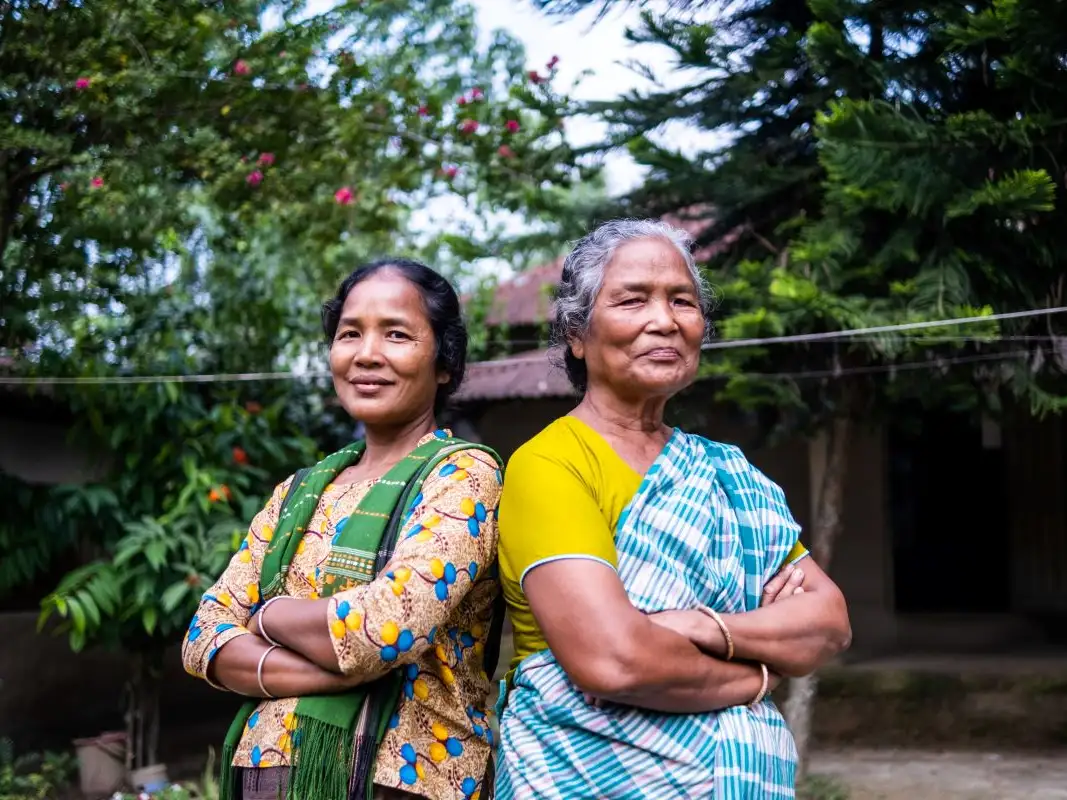

This practice paper provides examples of CAFOD’s contributions towards gender justice, demonstrated by a range of programmes which we support through our partners worldwide.
About this practice paper
CAFOD is committed to the achievement of gender justice. Our faith lens inspires us to uphold the intrinsic dignity of every human being and to stand in solidarity with those who are experiencing injustice, discrimination and exclusion.
If you are a woman or girl today, you are less likely to have a voice in decisions that affect you, have fair educational and economic opportunities, or access to critical healthcare. You stand to be disproportionately affected by climate change, conflict, sexual violence and poverty. If you are a woman who is black, indigenous, or living with a disability for example, the negative impact on your life is even greater. Multiply this again if you are living in some of the poorest or war-torn countries of the world.
CAFOD’s organisational strategy articulates the centrality of gender justice within our “transformative inclusion” goal. We aim for a world where the distinctive contributions of women and girls are valued, where they live free from violence, fear and discrimination and ultimately, where they experience just power relationships with men and boys and have equal opportunities to participate, influence, and lead in all aspects of life.
We join the many agencies, networks, alliances, community groups, and individuals worldwide who wish to see positive gains on gender justice. We believe that we have unique contributions to add to the global efforts at CAFOD. This practice paper provides you with an overview of how and where we think we can best affect change, with examples of our contributions and impact that, together with our partners who work on a range of gender transformative programmes worldwide, we have been able to advance.
The four areas of contribution which we evidence are closely connected to our goals within our organisational strategy, Our Common Home. These are:
reach and influence through and within Church networks
local agency, leadership and voice
programme quality foundation
integrated programming.

